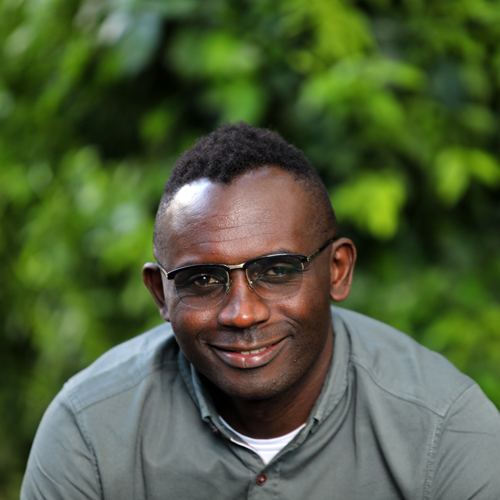Fredros Okumu is a Kenyan parasitologist and entomologist renowned for his pioneering research on mosquito behavior and human vector interactions. He currently serves as the Director of Science at the Ifakara Health Institute (IHI) in Tanzania, where he leads innovative work in mosquito control and disease prevention, particularly in malaria endemic regions. Okumu’s work is distinguished by its strong emphasis on translating laboratory research into real world, field based solutions.
He began his academic journey studying public health at Moi University in Kenya, followed by a master’s degree in Applied Parasitology from the University of Nairobi. He also earned a second master’s in Geoscience and Environmental Science from Lund University in Sweden, a PhD from the London School of Hygiene and Tropical Medicine, and an MBA in International Health Management from the Swiss Tropical and Public Health Institute.
Okumu joined mosquito research through the International Centre of Insect Physiology and Ecology and began his long standing association with IHI during his postgraduate studies. At IHI, he was part of the team that developed a synthetic mosquito lure that was three to five times more attractive to mosquitoes than natural human odor. This innovation gained global attention. His research has focused on the effectiveness of insecticide treated nets, mosquito mating behavior, and field validated mosquito control devices including traps based on foot odor and wearable repellents like anti mosquito sandals designed to combat diseases such as Zika.
He is an Associate Professor at the University of the Witwatersrand, an Adjunct Professor at the Nelson Mandela African Institution of Science and Technology, and an Honorary Research Fellow at the University of Glasgow. He also serves as an Associate Editor for the journal Parasites and Vectors and has been a visiting researcher at the Federal University of Minas Gerais.
In 2016, Foreign Policy named him a Global Thinker for his development of innovative low cost mosquito control tools tailored to community needs. At the core of Okumu’s work is a commitment to equity in public health solutions developing interventions that are affordable, culturally appropriate, and scalable across low resource settings.

